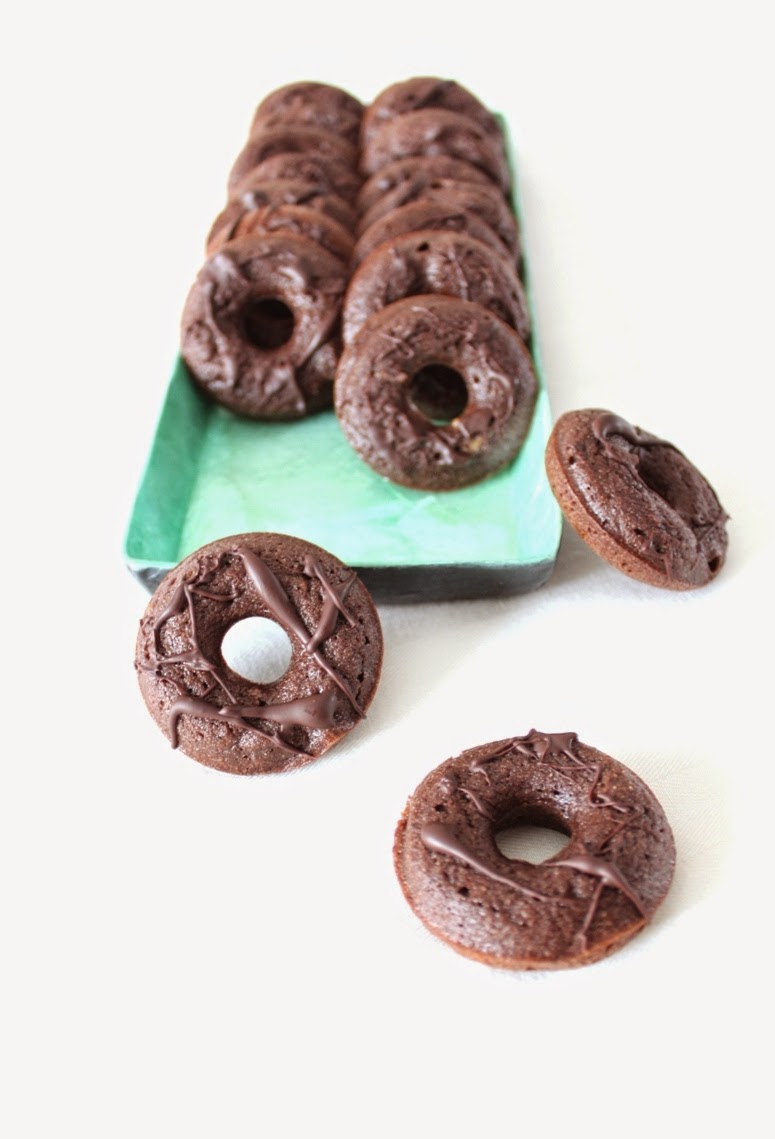"Give us only vegetables to eat." -Daniel 1:12
Scripture regards Daniel very highly. He is described by Yahusha as, "a man greatly beloved," and YHWH specifically mentions the righteousness of Daniel along with Noah and Job (Ezekiel 14:14). He was able to interpret prophecy, pray for the return of Judah from exile, had incredible visions, prayed three times a day, and was supernaturally protected from an execution attempt. Nothing bad about Daniel is spoken of in Scripture.
And this highly regarded man spent at least part of his life as a vegetarian. Do you know why?
Maybe you have heard of the Daniel Fast. It is inspired by the events in the first chapter of the book of Daniel.
"But Daniel purposed in his heart that he would not defile himself with the portion of the king's food, nor with the wine which he drank: therefore he requested to the chief of the officers permission to abstain that he might not defile himself." -Daniel 1:8
As we see a few verses later the initially hesitant officer decided to let Daniel, Hananiah, Mishael, and Azariah go on a vegetarian diet for ten days. Verse 15 says that after the ten days were up the officer was so impressed with the beauty and health of their faces that he put the rest of the captives on a vegetarian diet as well.
The premise of the Daniel Fast is a simple vegan diet with no dairy, meat, eggs, sugar, or alcohol for a determined amount of time in attempt to grow closer to the Messiah (and for some, lose weight or get their health back on track). I know many people who have been greatly impacted by doing the Daniel Fast, and personally many of my meals fit into these guidelines; so I'm not saying anything against participating in it.
But I do have a question: did Daniel think he was fasting?
We just read that Daniel purposed not to defile himself. The reason he requested vegetables and water wasn't so that he could 'focus on prayer' or 'grow closer to God' like many do when they start a fast. He said he didn't want to defile himself. Daniel wanted to keep Scripture's instructions about what to eat.
In ancient Babylon many animals that YHWH says not to eat were regularly consumed. Pigs, shellfish, and turtle, along with other animals (clean and unclean) were regularly eaten. While Scripture doesn't record exactly what was being served to Daniel and his friends, we can clearly see it was unclean, otherwise Daniel wouldn't have thought it would defile himself. Even if it was a clean animal that YHWH permits us to eat, like beef, there is no reason the pagan Babylonians would have been careful to drain the blood as YHWH tells us to. Daniel, Hananiah, Mishael, and Azariah did not eat the king's meat since they didn't want to break a commandment of YHWH.
It would have been easy for them to make excuses. They were prisoners in captivity after all! But Daniel resolved not to defile himself. And YHWH and Yahusha both spoke so highly of him for it.
It can be argued that if Daniel hadn't been faithful to the dietary commandments in chapter 1 the rest of the book wouldn't have taken place. He wouldn't have been given the interpretation to Nebuchadnezzar's dream, seen visions, or been protected in the lions' den. Would Hananiah, Mishael, and Azariah have worshiped the image the king set up? While I don't believe that diet alone is what made Daniel righteous, we do know that the action of keeping YHWH's commands is righteous. Daniel wouldn't have gotten credit for knowing he shouldn't eat unclean meat, it is the doing that YHWH esteems (Romans 2:13).
I do not say this to imply that vegetarianism or veganism is superior to all other diets, or the only dietary options that honor YHWH. He permits the consumption of clean meat and dairy throughout Scripture, and even specifically instructs lamb to be eaten at Passover. Daniel's option was unclean meat that Scripture says not to eat, or a vegetarian meal. The answer was easy for him, he wanted to honor YHWH and be obedient to his commands. Whether your next meal is vegetarian or not, make sure that it's one that follows Scripture's instructions.
More on Biblical eating:
Did the Messiah Declare All Foods Clean?
Understanding Peter's Vision






















